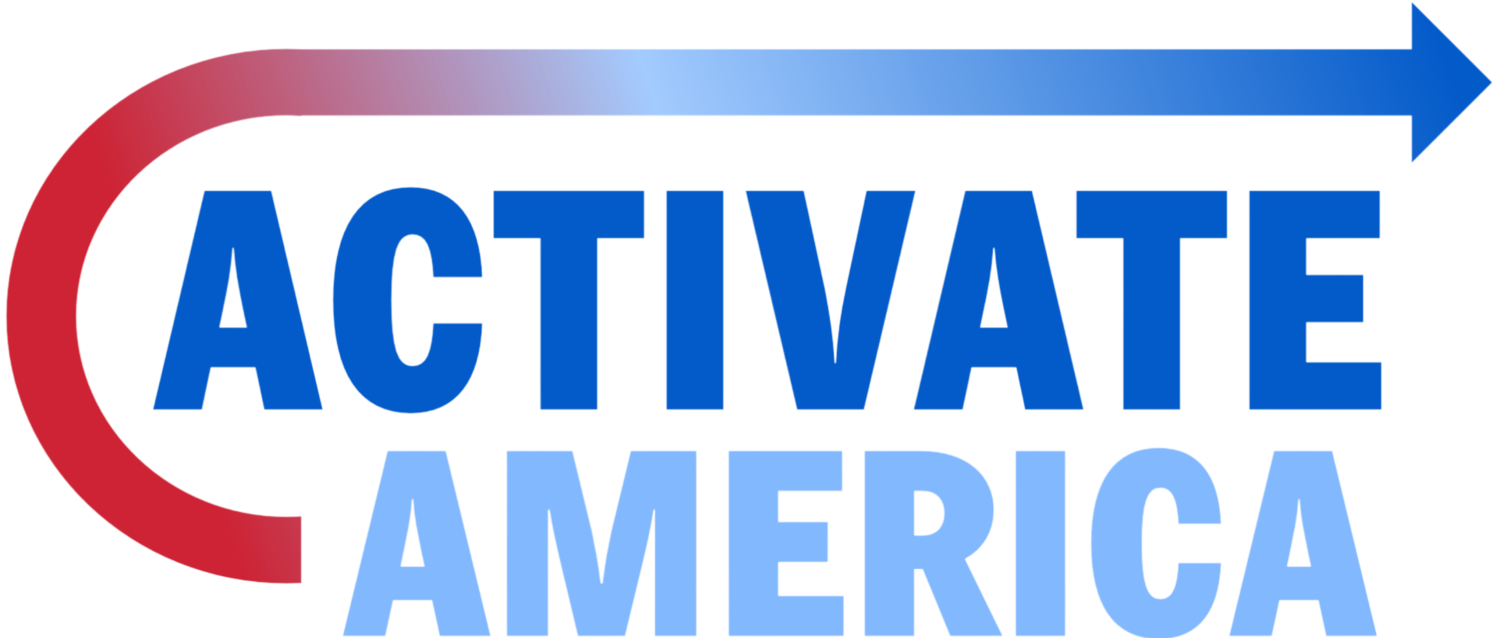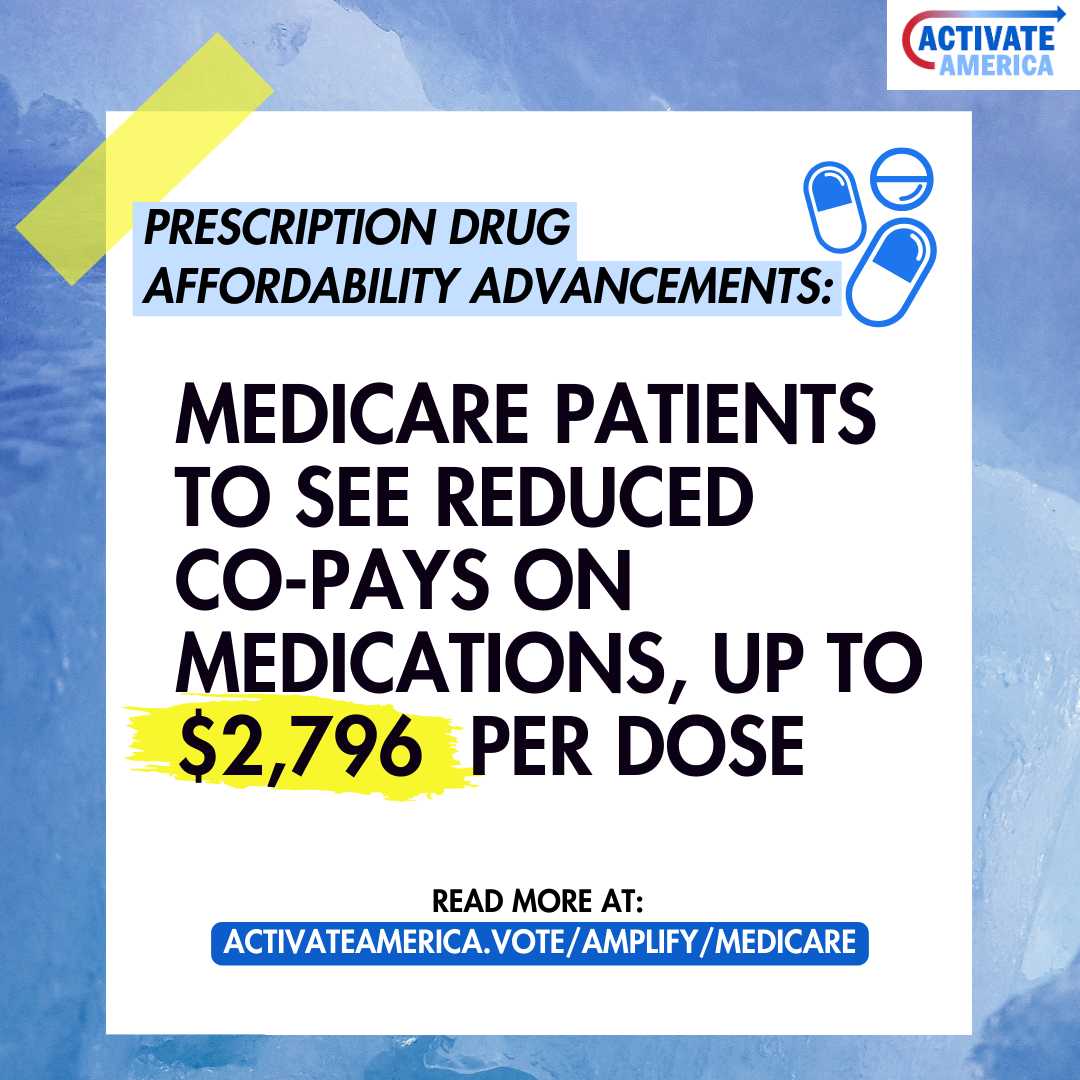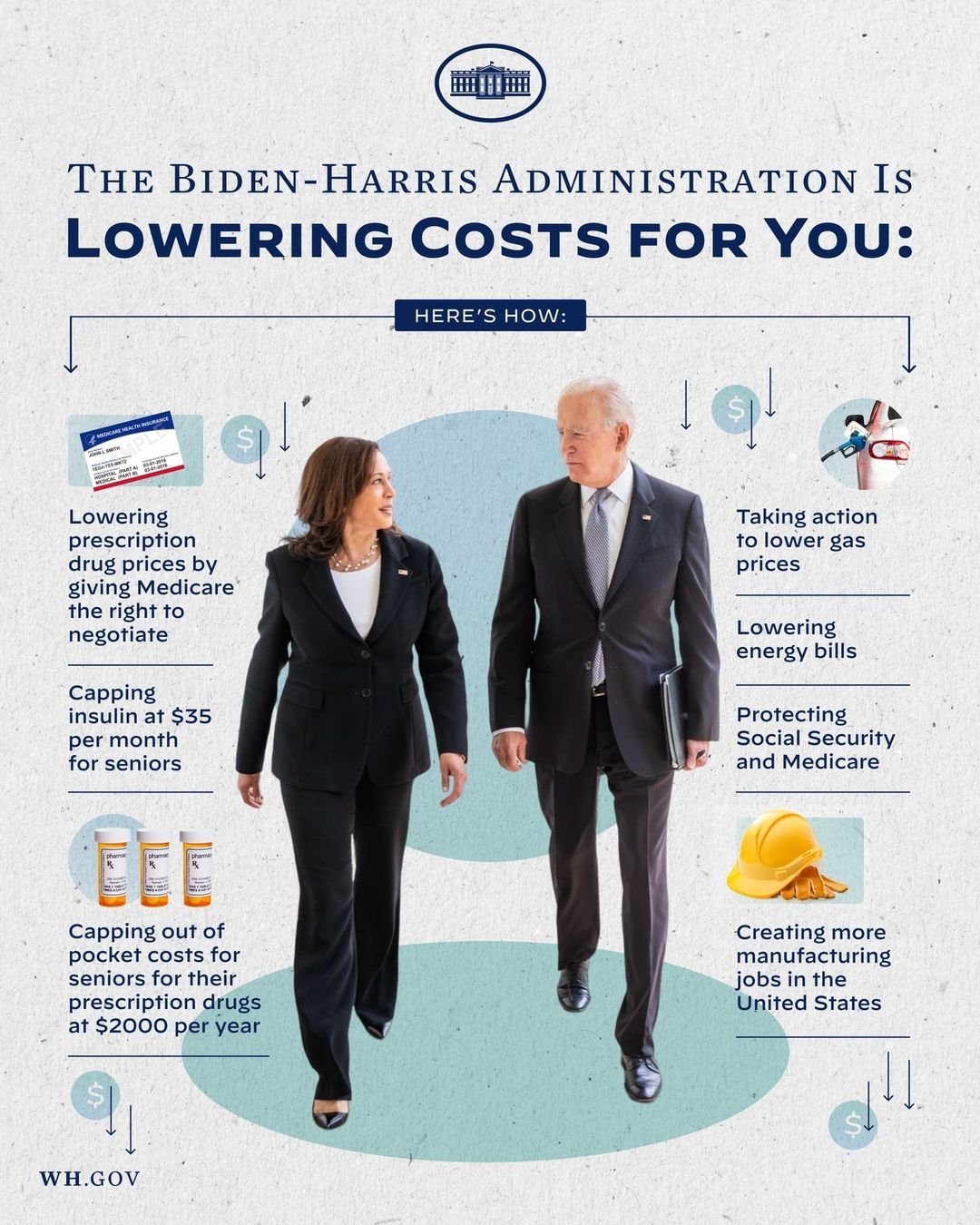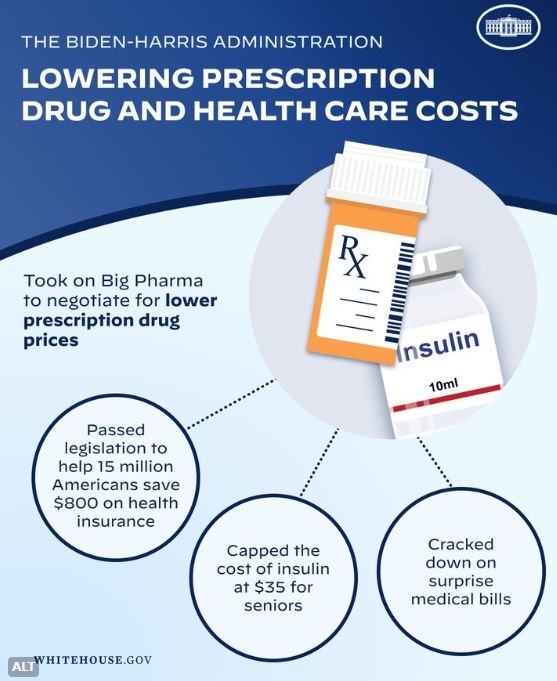Amplify: Biden Administration’s Efforts to Require Prescription Drug Manufacturers to Lower Costs of Medicare Drugs
President Biden and the Department of Health and Human Services recently announced new penalties against dozens of pharmaceutical companies that had illegally raised the prices of 48 Medicare drugs above the rate of inflation. The penalties require that the manufacturers pay rebates that will reduce copays for Medicare patients up to $2,786 per dose.
Highlights:
The 48 drugs include blood thinners, antibiotics, and cancer medications administered at doctor's offices, clinics and hospitals, and are used by 750,000 Medicare recipients annually. The reduced copays will start as soon as first quarter 2024. A complete list of the covered drugs can be found here.
Since Americans pay two-to-three times more than consumers in other developed countries for prescription drugs, reducing their costs has been one of the Biden’s Administration’s top priorities. One of the Administration’s major accomplishments was the inclusion in the Inflation Reduction Act of the long-sought authority to reduce the excessive cost of Medicare-covered drugs, including by penalizing impermissible price increases.
Beginning in 2023, the Act also capped the cost of insulin for Medicare recipients at $35 a dose. A Department of Health & Human Services analysis showed that this cap would have saved 1.5 million Medicare beneficiaries in excess of $750 million had this pricing been in effect in 2020.
The Inflation Reduction Act also empowered Medicare to negotiate the cost of the most expensive drugs taken by Medicare recipients. Under that authority, the Administration announced last August that it would be negotiating the prices of 10 high-cost prescription drugs used for conditions such as heart disease, diabetes, and autoimmune issues. The National Institute of Health has projected that these negotiations could save Medicare recipients approximately $1.8 billion annually.
Amplify on Social Media:





